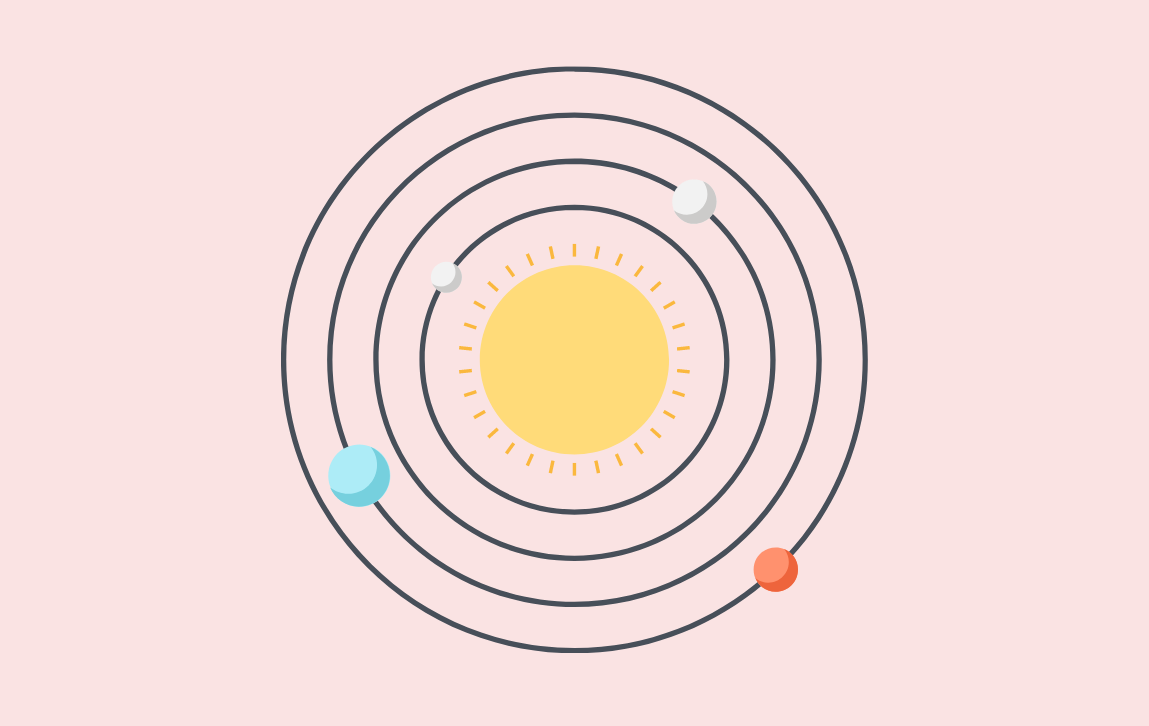Most people run into trouble when they want to build new habits because they don’t know how habits are formed in the first place. Understanding the habit loop is a great way to gain awareness of how we’ve developed our current habits and how to break our negative ones. The real magic happens when we start to break our habits down into simple and easy steps that let us act immediately – no thinking, just pure action.
Why habit stacking is effective
Habit stacking is an effective way to get our new habits going by linking them to current habits. For example, you want to build a habit of drinking more water. You link your habit of brushing your teeth in the morning (which most people regularly do) with having a glass of water. So, your brain learns that every time you brush your teeth, you drink a glass of water straight afterwards. This makes it easier to remember to take action and it also creates a chain of events where you move from one positive habit to another. Your brain also starts to form cravings for water every time you brush your teeth.
We’re all busy, and adding more things to our day ends up leaving us frustrated because we’re tired, strapped for time we’re human, so we forget to do things. Habit stacking simplifies our lives and keeps up progressing through by building on the things that we already do.
“The core idea behind the mini-habits concept is that you can build a major habit by thinking small enough to get started. Most people don’t need motivation to do one pushup, so it’s easy to get started. And once you get going, you’ll find it’s easy to keep at it.” – S.J. Scott
This takes the mental load off. It gets you going, and that’s a big deal. Getting going and picking up momentum is one of the hardest things to do. Habit stacking takes away the guesswork and the excessive routines and just tells you exactly what to do and when. It’s just really efficient.
The idea is to add small actions to your already established habits so that you have easy bite-sized steps.
Choosing small positive habits get started
Ok, so you don’t want to start forming massive habits straight off the bat. Instead, look at the smallest and simplest ‘mini-habits’ that can build up and feed those larger habits. It’s those smaller habits that allow you to gain control of your energy and time so that you have more to invest in the bigger picture things in your life.
Habit categories
There are 3 main areas where you want to develop positive habits.
Lifestyle habits
This includes money, social interactions, health and personal wellbeing.
For your money habit, you could decide to wait 24 hours before making purchases of $100. If you want to cut back on all the coffee you drink, you could transfer $5 for every coffee you skip into a splurge account so that you can treat yourself later. If you want to get more sleep, you could buy a power point plug with a timer and set the timer to turn off an hour before your bedtime. This gives you time to take your eyes off the screen, relax and prepare for bed.
Work habits
All the habits that make your job efficient and make sure that you’re progressing and learning.
Work habits can make your day much easier and more enjoyable. Things to remember are to have systems in place to organise regular tasks, check in on goals, and take a break during the day to reset.
Growth and development habits
This includes all your pet projects and extracurricular activities.
We like being challenged in areas that we care about. That’s why we should have hobbies projects that we enjoy. People have the most fun when they engage in things that are manageable but require skills that are just beyond their current ability. This provides you interest, engagement and opportunities for growth.
Some important habits for life
Sometimes, you just don’t know what positive habits to build in your life. Here are some positive habits to start thinking about:
-
Drinking more water
-
Getting more sleep
-
Getting more sun
-
Doing the hardest tasks first
-
Reading more books
-
Practising gratitude
-
Journaling your thoughts and lessons
-
Reviewing your goals and mission statement
-
Making time for your family
-
Exercising
-
Learning new skills
-
Clearing all distractions
The list can seem daunting and exhausting. But the key is to break up these habits and start small – Rome wasn’t built in a day, as the saying goes. We tend to get amped up and pile on way more than we can handle, only to burn out and lose motivation in the space of a week. Go slow, and make things as simple as possible. Don’t prove yourself, improve yourself. Check your ego and remember that it’s not a competition. Creating positive habits is all about committing to life long improvement. It’s should be a consistent, steady and manageable progression.


